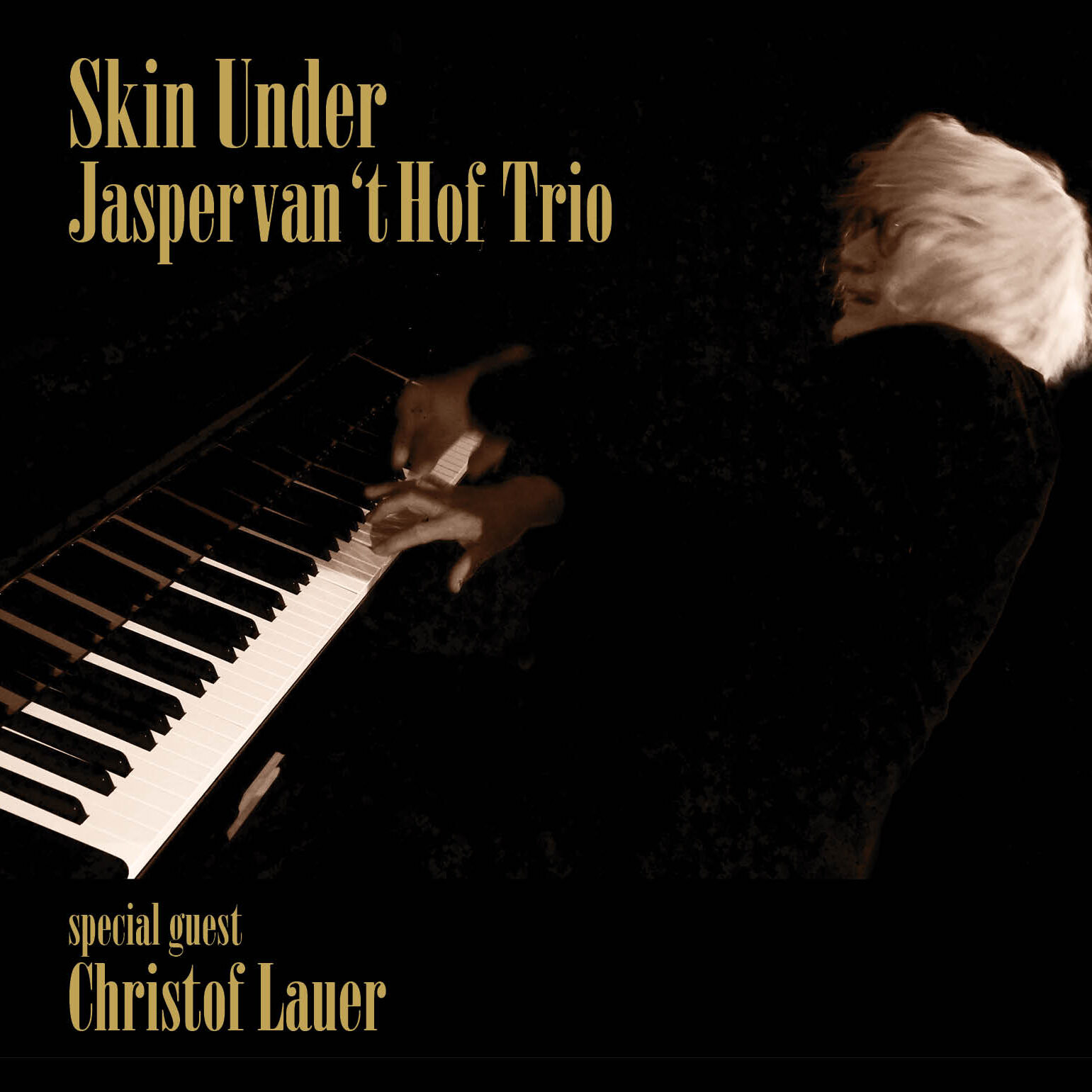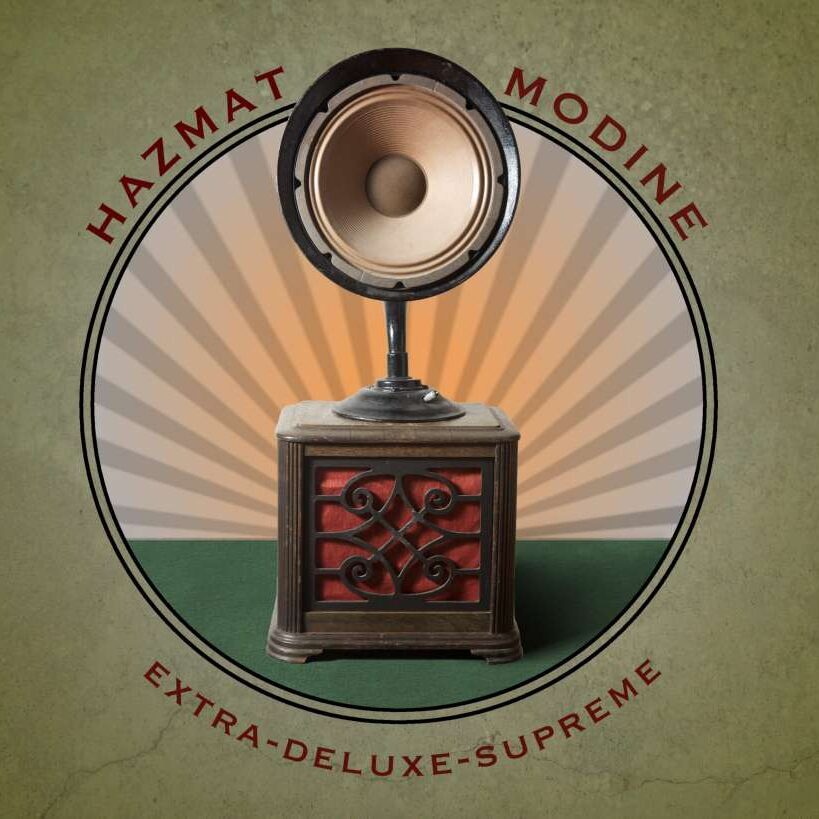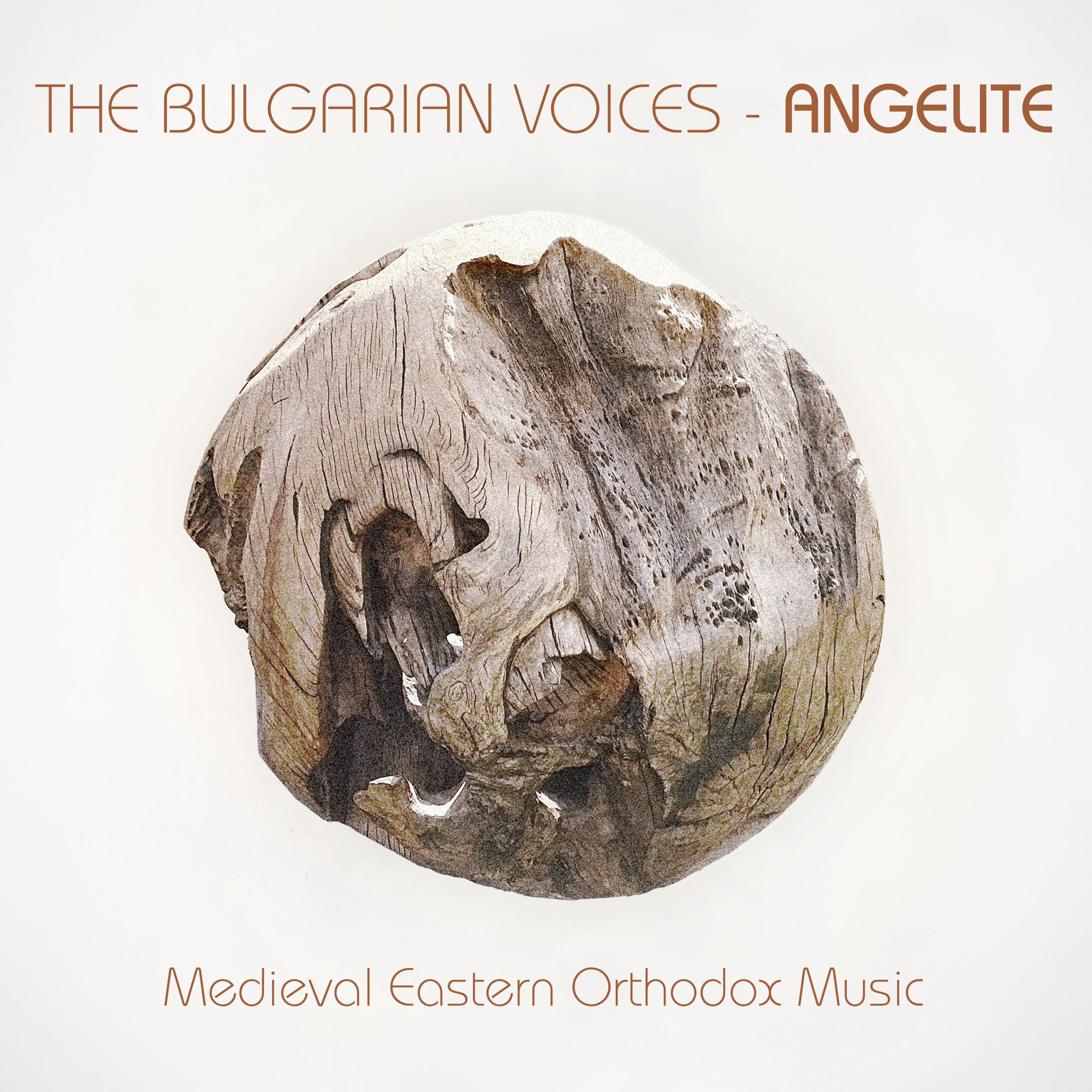Brain War
18,00 €
Breath-taking big-city cross-over bridging the high-tech spirit of Tokyo with the ancient traditions of the samurai.
Trumpeter Toshinori Kondo has achieved the most impressive blend of yesterday and tomorrow. Since his decision to apply his study of computer technology to culture in the early 70s, he has worked on diverse projects. Kondo’s work as a film and theater actor, author, and performance organizer have complemented each other to create a very personal mosaic of expression, whose pivot point has always been his music.
In 1978 he went to New York, partly out of curiosity and partly to make international contacts, and stayed for five years. He quickly got into the music scene there and played with Herbie Hancock, Bill Laswell, John Zorn, Eugene Chadbourne, Fred Firth, and others. He has become just as good friends with these musicians as with the German saxophone player, Peter Brötzmann, whom he visits in Wuppertal once a year to live out his free-jazz ambitions in Brötzmann’s “März” band.
America’s east coast metropolis bored Kondo more quickly than expected. “Lots of people say that New York is the center of modern music, but they’re so terribly intellectual and don’t have any vitality. I wanted to get back to Tokyo so badly back then, though everybody said I was crazy on that score.“
Once back home, Kondo’s restlessness came to an end with the founding of his own band, International Music Activities, (IMA). He was able to create the sounds which represented his view of what innovative music should be, together with young musicians who were willing to completely distance themselves from traditional tonal patterns. Warped guitars, hectic electronic percussion, odd futuristic computer sounds, and everyday noises were joined together to create a threatening but danceable picture of modern life in the big city. In this scenario, Kondo’s trumpet takes on the role of human feelings; sometimes gentle and then challenging again or shrilly aggressive. The melodies that can be heard originate in Toshinori Kondo’s enthusiasm for traditional Japanese music, but he wants to go back much farther than the roots. “When a child is born it screams and this scream sounds the same all over the world. That’s what I mean by ethnic origins, and I want to find my way back there with my music.”
To find one’s self is also one of the subliminal challenges expressed in Brain War, Kondo & IMA’s fifth album. “No one can survive without imagination, and music cannot be freed without the power of imagination, either. But in today’s world, from birth on, they do everything to hinder personal development. Our existence is influenced by external things like work and consumption, and I hardly think that a worker who has to sell his time in order to survive is particularly happy doing it. The fight for self-fulfillment begins in our minds.“
Written by: Kurt Gerland
[/tab][tab title=”The Music”]A whole lot of ideas are running around on the “battle field” in Kondo’s mind, ideas which do not seem confused in any way, but which reveal a concept strongly based on feelings and emotions. Particularly interesting is Kondo’s position on music in general, and his own in particular. “The Talking Heads once called an album ‘Stop Making Sense’, and that’s what music should be doing today. When you listen to it you shouldn’t think about it but see it as a part of the meaningless world. That’s why I don’t have any heavy messages or hifalutin stories in my texts. My words also come from the meaningless world of sounds.“
What reads here as a description of the most sensitive but unimportant thing in the world is a truly serious thing for Kondo the musician. Sampling and computer technology have provided a lot of people with a potential they cannot live up to. “Of course anybody can play around on a computer and program some old songs, but what’s it good for? It’s like making love. You can talk a lot about it and even make it, but if you want to have a real experience, you have to know how make the best use of your body. Through many years of meditation and hard Taichi training I’ve learned a lot about the potential of my body. I’m now finally able to play a really satisfying trumpet and to program the computer accordingly.“
The soundscapes KONDO produces are usually defined as avant-garde, but this label brought the trumpeter to a halt for the first time that afternoon. “In some ways this categorization is probably true because I try to reach people with sounds which are experimental but reflect my feelings. Imagine you had a new girlfriend and you tried to impress her by showing her as many different and unusual sides of yourself as you could. You let her look into your deepest self, and this moment of two people together is exactly the feeling I’m trying to achieve with my music. One of these facets sparkles at the end of the ‘Brain War’ album. The computer goes silent and all that remains is a man who plays a lonely, very melancholy piece on his trumpet.” The song was created on the last day of studio recording: “I was in the mood for something romantic at the end, maybe I need that after the ‘fucking noises’.“
Written by: Kurt Gerland
httpv://www.youtube.com/watch?v=_-u-kVlLK-c&list=PLFA688FA33EBE9237&feature=plcp
[/tab][tab title=”Personnel”]Toshinori Kondo– Electric trumpet, vocals, keyboards, bass
Haruo Togashi– Keyboards
Reck.Friction– Bass, guitar
Hideo Yamaki– Drums
Taizo Sakai– Guitar
[/tab][/tabs]



